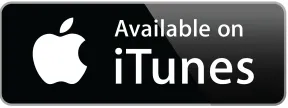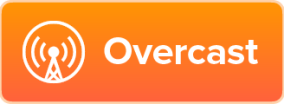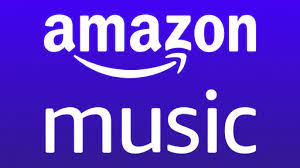
At Rocketship HQ, we’ve been an async team since the beginning. Most of the folks we hire come from traditional office spaces and it does take them a while to get the hang of our no-meeting culture.
How do we make this work? One of the key factors that makes this all tick is that we spend time writing, not talking.
In this episode on the Mobile UA Show, Shamanth gives us a comparison between a writing-first culture and meeting-first one, and also tells us why going meeting-first can be particularly disastrous in a remote work environment.
***
Note: We have a growing community of mobile marketers!
The Mobile Growth Lab Slack: A community that was a part of our workshop series – The Mobile Growth Lab, is now open to the general public. Join over 200 mobile marketers to discuss challenges and share your expertise. More details are available here: https://mobileuseracquisitionshow.com/slack/
If you’re ready to join the growing community, fill this form: https://forms.gle/cRCYM4gT1tdXgg6u5



ABOUT ROCKETSHIP HQ: Website | LinkedIn | Twitter | YouTube
FULL TRANSCRIPT BELOW
“He just insists on scheduling Zoom meetings to discuss EVERY. SINGLE. THING,” this was a founder running an all-remote company that I was speaking with.
The founder was talking about their new hire that had gone very wrong – a very experienced exec who had worked in a number of established companies, who just thought that he could port over the playbook that made him successful in an in-office environment to a remote setup and be effective.
Alas.
I’ve had an increasing number of conversations like these in the last few quarters, as more and more companies have embraced remote or hybrid work. We have been remote and asynchronous from day 1(well before COVID) – so we’ve developed a playbook for operating day-to-day that has let us work asynchronously, have plenty of personal time – and still be very very effective; so a number of folks tend to ask us for advice of some sort or the other.
Unfortunately a lot of companies slap on a ‘hybrid/remote’ label on to an in-office work model, tell their teams to work from home – but don’t change a lot of underlying processes and cultural norms that may have been effective in an in-office setting, but are counterproductive in a remote one.
A number of these conversations made me reflect on the things that I notice that companies struggle with as they try to embrace remote work.
The most critical cultural norm that I see as being very important for companies to crack is to develop a writing-first culture, as compared to a meeting-first culture.
In a meeting-first culture, you call a meeting to make decisions, communicate updates, or to have a watercooler chat. Everything is synchronous – and you get immediate real time feedback on everything. This is great if you are in an office and you have the ability to be effective in-person. It’s not a style I’ve personally thrived in when I worked in these setups in the past – but hey, to each their own.
But in a remote-first setup, a meeting-first mindset is a disaster – as it was for the founder I was talking about earlier.
In a remote-first setup, the most important shift is to go from meeting-first to writing-first(with bonus points for long-form writing). When you can’t just walk over to your designer’s desk and tell them what you want to have them do, you really have to think through how to write down what you want to have happen. You want to be communicating decisions, planning, status updates – and well, watercooler chats, in writing.
These could be detailed longer-form reports and memos, slides and presentations, updates in project management systems – or simply quick check-ins on Slack. What is critical is that these don’t take the form of: “hey can I speak to you on a Zoom call to discuss X” – which in our experience can be HUGELY disruptive to multiple people’s work, schedule and productivity.
A REQUEST BEFORE YOU GO
I have a very important favor to ask, which as those of you who know me know I don’t do often. If you get any pleasure or inspiration from this episode, could you PLEASE leave a review on your favorite podcasting platform – be it iTunes, Overcast, Spotify or wherever you get your podcast fix. This podcast is very much a labor of love – and each episode takes many many hours to put together. When you write a review, it will not only be a great deal of encouragement to us, but it will also support getting the word out about the Mobile User Acquisition Show.
Constructive criticism and suggestions for improvement are welcome, whether on podcasting platforms – or by email to shamanth at rocketshiphq.com. We read all reviews & I want to make this podcast better.
Thank you – and I look forward to seeing you with the next episode!


